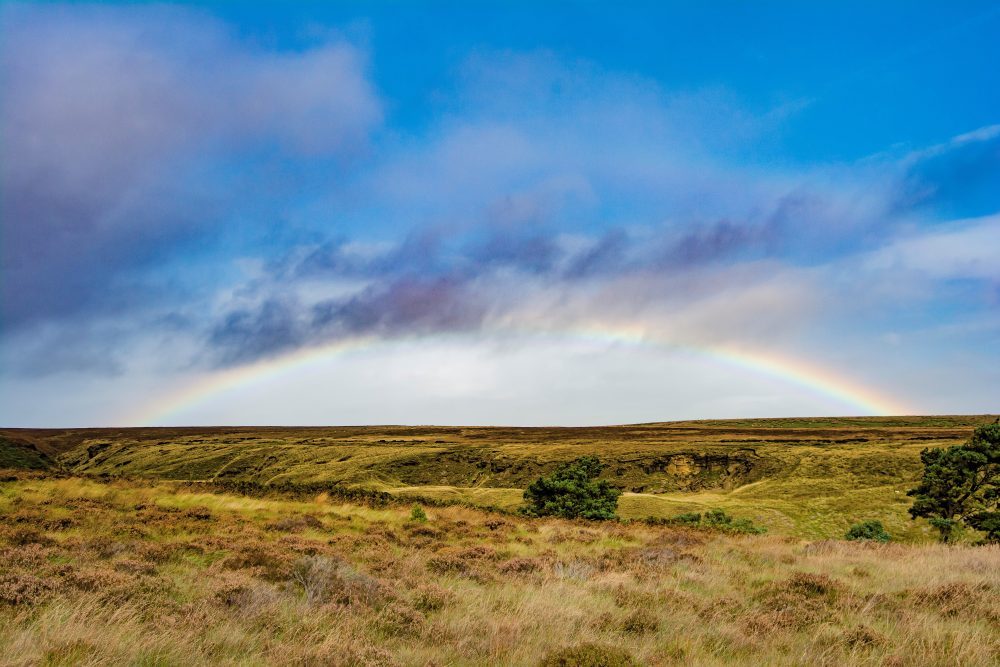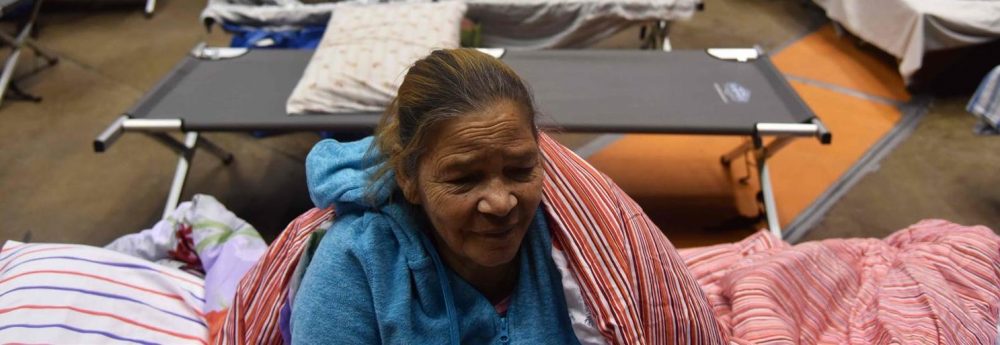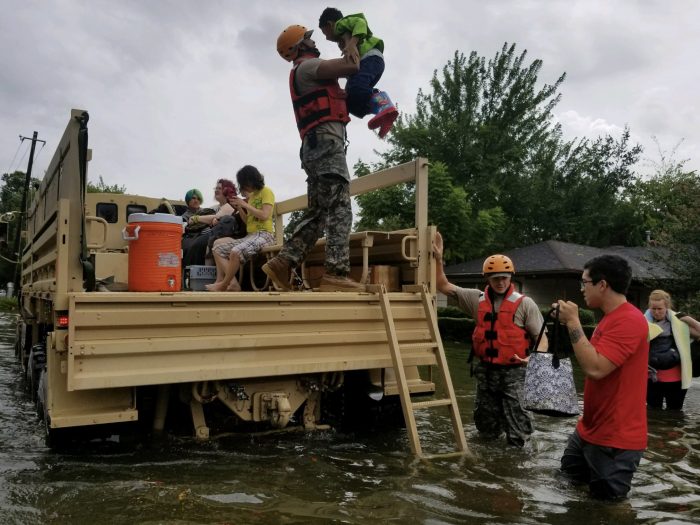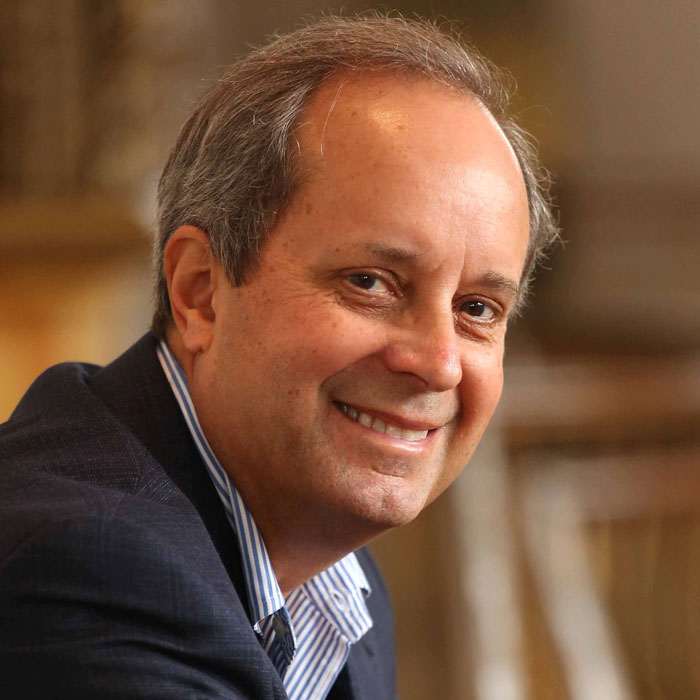Reflections on 2019: A Decade of Challenges with Reasons to Hope
Working full time on disaster philanthropy prompts a full range of emotions. We are often confronted by human suffering. Sometimes we ache with pain as we learn of the loss of friends, loved ones or whole communities of people. Or learn of families losing their homes to floods, fires or earthquakes. Or see the amazing […]

Working full time on disaster philanthropy prompts a full range of emotions.
We are often confronted by human suffering. Sometimes we ache with pain as we learn of the loss of friends, loved ones or whole communities of people. Or learn of families losing their homes to floods, fires or earthquakes. Or see the amazing destruction caused by astonishingly strong winds. More frequently, we face the frustrations and anguish of months of the painstaking rebuilding of lives, homes and communities.
This year brought historic flooding to much of the Midwest, more wildfires to California and a ferocious hurricane to The Bahamas. Around the world we saw droughts, floods, cyclones and extremes in temperatures. As of October, NOAA reported there were 10 weather and climate disaster events with losses of at least $1 billion each across the United States in 2019. These events included three flooding events, five severe storms and two tropical cyclones, resulting in the deaths of 39 people. Remarkably, this was slightly below the average for the last five years.
Yet despite the adversities we address, our work also gives us inspiration – a sense of gratitude and hope as well.
We are filled with gratitude for the generous corporations, foundations and individuals that were prompted to take action to help those affected by disasters. Thanks to them, CDP was able to award nearly $11 million in disaster-related grants this year, almost all of it for medium- and long-term recovery work with a focus on vulnerable populations. You can see a list of our donors here. We’re proud of the fact that CDP is one of the largest philanthropic funders to disaster recovery work in the world.
We are filled with inspiration as we meet talented and dedicated nonprofit leaders doing incredible work on disaster recovery against demanding odds. Thanks to our generous donors, we were able to award grants to 65 nonprofit organizations. You can review a list of our grantees here.
And every day, I am filled with pride and gratitude for the leadership of our volunteer board of directors and the skills of our hard-working staff. I invite you to read about them here.
All of us are filled with admiration for the many survivors of disasters we have met along the way. Despite terrible losses and disruptions to their lives and livelihoods, so many are moving forward with fierce determination and upbeat attitudes as they rebuild their lives and their communities.
Finally, we are filled with hope for the future.
Although the number of disasters may be increasing in intensity and frequency, the number of deaths caused by disasters is decreasing, despite significant increases in populations. As a society, we are getting better at making early predictions; our infrastructures are becoming more resilient; emergency preparedness is advancing, and response systems keep improving. We are making progress in how we think about disasters and we, at CDP, sense a growing commitment to planning, preparedness and long-term recovery.
We know that most deaths occur among those most vulnerable: the impoverished, the very young, the very old, those with disabilities and those living in substandard conditions. Therefore, the most important thing that can be done to prevent disaster-related deaths is to improve the living standards and infrastructure in vulnerable areas. Here again, there is hope. The Legatum Prosperity Index recently reported that 148 of 167 countries experienced net progress last year — much of it dramatic, and especially so among the poorest countries in the world. In the vast majority of countries, health, living conditions and education are advancing rapidly. Although there is still much to be done, I believe there is reason to hope.
We thank you for your interest in our work and we look forward to working with you to continue making progress in 2020.
More like this

Where will we go from here?

